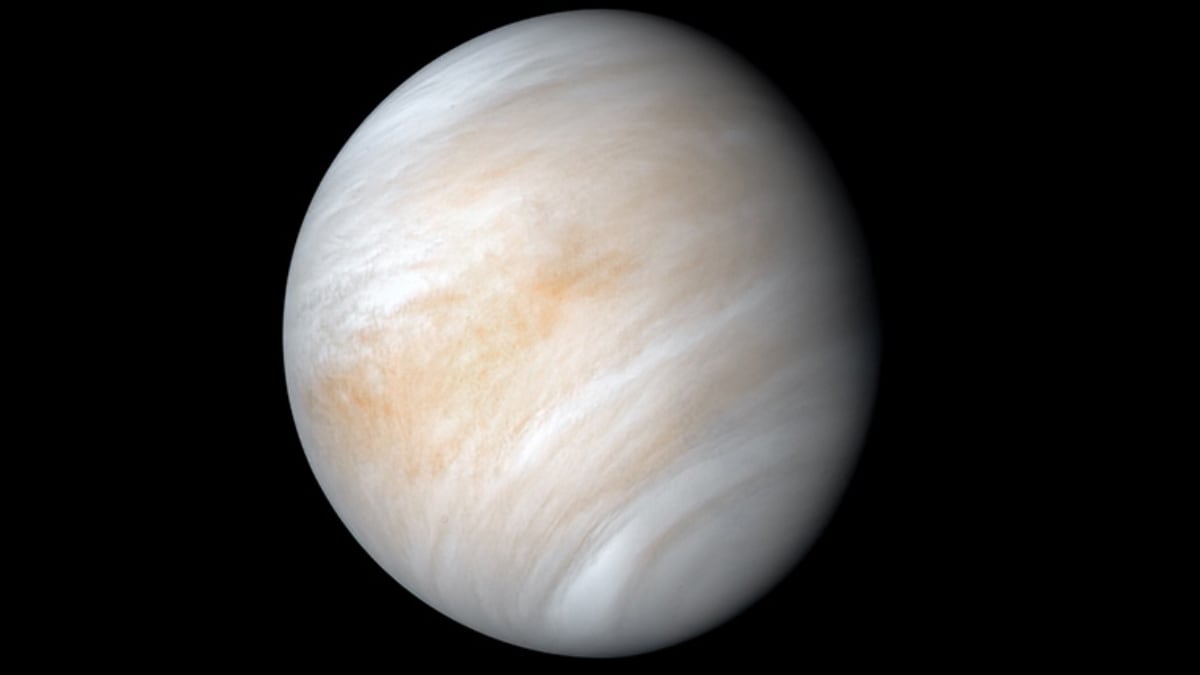[ad_1]
Now Professor Jane Greaves of Cardiff University’s research team has observed phosphine in the Venusian atmosphere on five separate occasions. from IFLScience Conversation In Professor Greaves said that our focus now is not just to discover phosphine, but also to understand what effect it could have on Venus.
Using the James Clark Maxwell Telescope (JCMT) in Hawaii, Greaves and his research team detected phosphine gas in the lower regions of Venus’ atmosphere. This suggests that living organisms may exist below or at the level of Venus’s clouds.
The research team feels that there may be some kind of living organisms on Venus. Although it has not been said for sure, but this research opens new doors for the future.
Earlier, a group of MIT scientists Study It was also said that the clouds of Venus can support life there. The study claimed that the ammonia present in the atmosphere of Venus could neutralize the sulfuric acid there. MIT scientists said that ammonia can cause a chemical reaction. It can change the clouds of Venus. In a paper published in the National Academy of Sciences journal, the researchers concluded that “life could form its own atmosphere on Venus”.
[ad_2]
